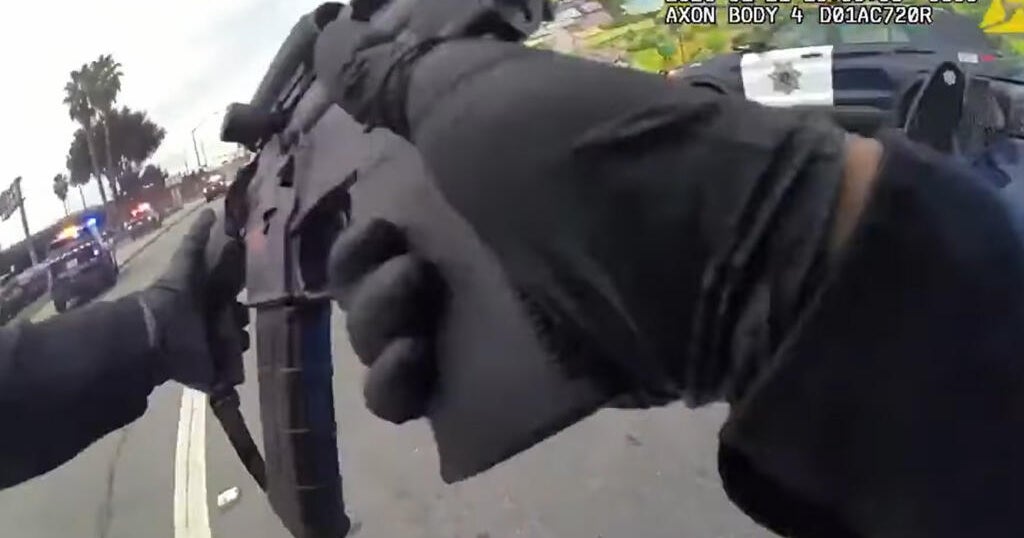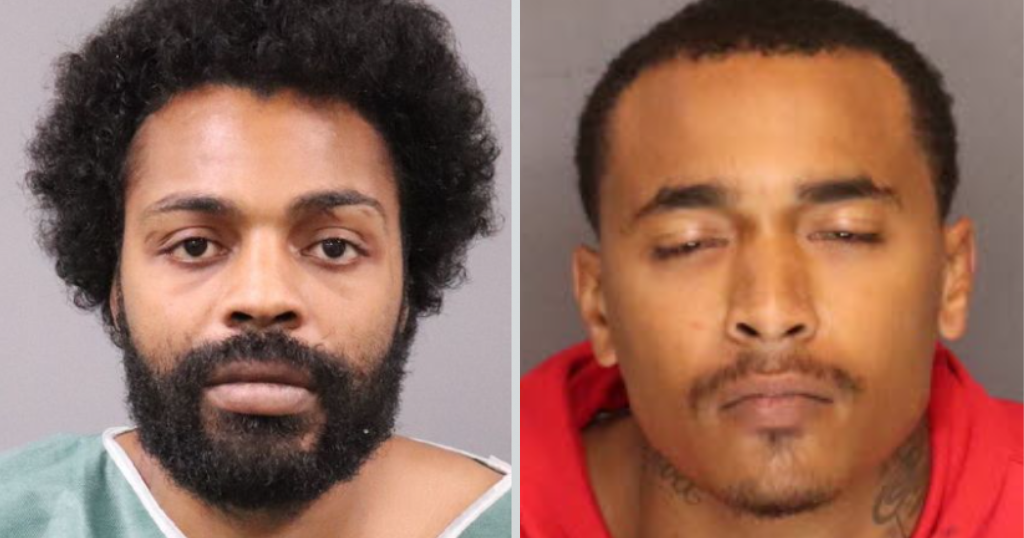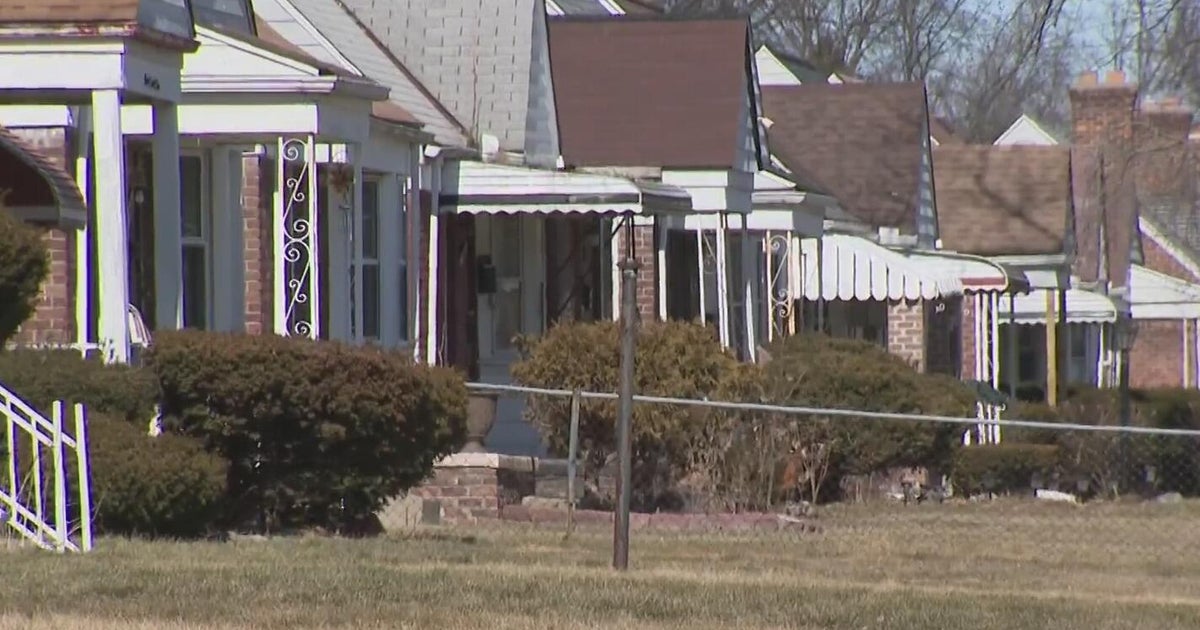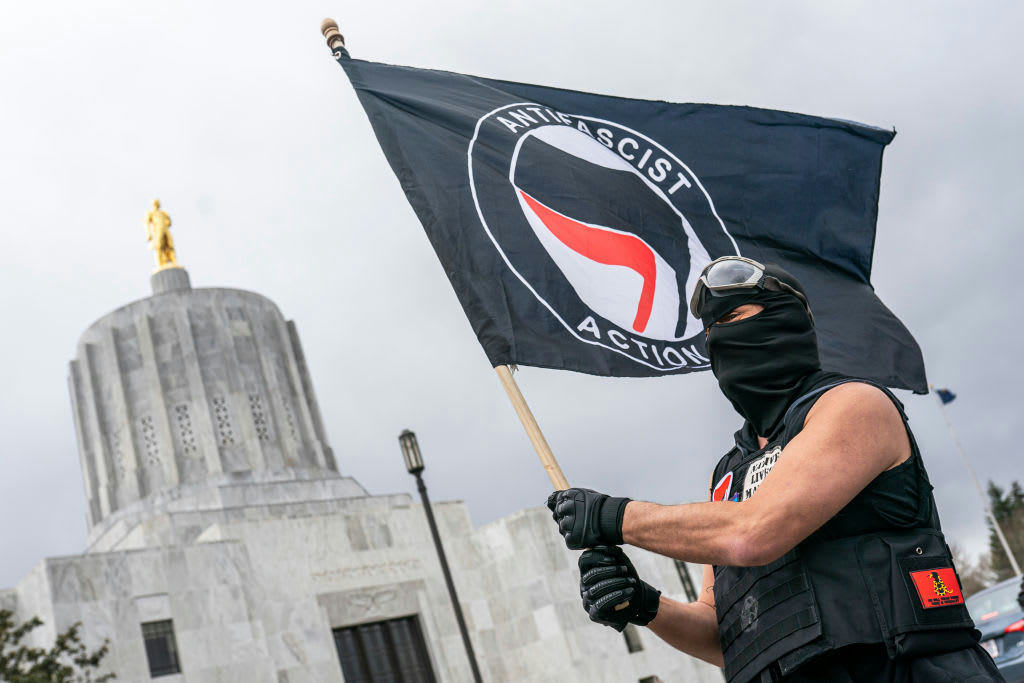2021 on track to be America's deadliest year of gun violence in two decades
2021 is on pace to be America's deadliest year of gun violence in the last two decades. According to the Gun Violence Archive, there have been 296 mass shootings in the United States this year. A mass shooting is defined as a shooting that results in the killing of 4 or more people. America had been going through one of its safest periods in decades.
President Biden announced a new strategy to combat it on Wednesday. It includes a "zero tolerance" policy for gun dealers who break federal law, deploying strike teams to cities to crack down on illegal gun trafficking, and encouraging communities to use federal pandemic relief funds for policing and crime prevention.
Surveillance video captured Gyovanny Arzuaga and Yasmin Perez being ambushed Saturday in Chicago. Police said the shooting happened after a minor car accident. Perez was pulled from the car, beaten, and shot. When Arzuaga tried to save her, he was gunned down "almost execution-style."
"It's hard to believe that he's gone. A young guy is gone just because of an accident," Aiza Knight said.
In New York City, two children narrowly avoided being shot as a gunman riddled a man with bullets on a busy city street. In Austin this month, gunfire broke out early one morning in the city's nightlife district, killing one person and wounding 13 others.
Nearly 10,000 people have been killed this year alone from gun violence. In a study of 24 major cities, homicides increased by 24% in the first quarter of 2021 compared to the same time period in 2020 and by 49% from that period in 2019. In 2021, homicides are up by nearly 14% in New York, 22% in Los Angeles, and 13% in Washington D.C. compared to 2020.
Austin is on track to greatly surpass its own homicide record — set just last year. Austin Mayor Steve Adler hopes to reverse those trends.
"We have too many illegal weapons that are falling into the wrong hands. We have to try to find those illegal weapons and take them off the street," Adler told "CBS This Morning" lead national correspondent David Begnaud.
Sociologist Patrick Sharkey believes the answer goes beyond illegal firearms and law enforcement.
"In the U.S., we have this knee-jerk reaction where we think only about the police and the prison system as a response to violence," Sharkey said.
He studies gun violence in America, and despite recent calls to reduce funding and reform some aspects of policing, or completely abolish police forces, Sharkey said that is not the solution.
"No, I don't think it's a good idea," he said. "We have 300, 400 million guns on the street, so we don't have another set of institutions that can respond to gun violence like the police can. Our primary focus should be investing in these other institutions that can deal with addiction, mental illness, provide after-school programs."
One analysis shows that in the U.S., violent crimes generally makeup only about 1% of overall police responses. Sharkey said giving police more time to focus on that can allow the community to essentially police itself with programs geared to help improve lives.



